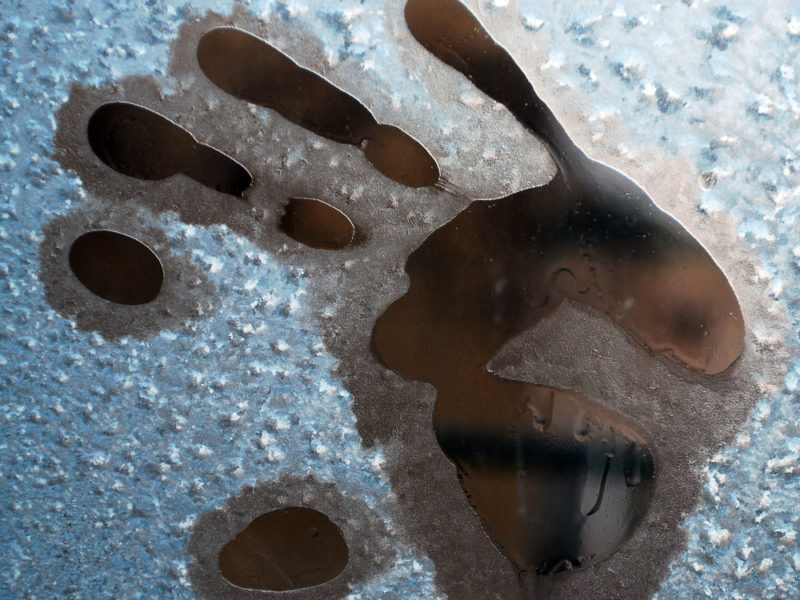If you’ve lived in Saint Augustine, Florida, for a while, you’re probably used to high humidity levels. What you may not be aware of, though, is that high humidity inside your home can affect air quality and make it more difficult for your family to breathe comfortably. Find out how humidity levels can affect indoor air quality and what you can do to balance it between 40 and 60 percent.
High Humidity and Air Quality
High humidity basically means that the air in your home contains too much moisture. When moisture levels are too high, it can cause several problems. For instance, when your home is very humid, it can make your house feel very stuffy. As a result, it’ll naturally reduce the comfort level.
Air that’s thick with moisture can also make breathing more difficult. This is a problem for everyone, but it can be especially hard for your family members who are already dealing with respiratory issues. Excessive moisture can also promote the growth of biological irritants that can lead to both respiratory illnesses and trigger asthma attacks in people who already experience the condition.
Controlling Moisture Levels
Your HVAC system already works to some degree to control humidity levels. But it can only do so effectively if your home is properly sealed. If you find that your home is much more humid than normal, check your doors, windows and ductwork for broken seals.
You can also reduce the amount of moisture in your air by adding a dehumidifier to your home. Single-room humidifiers are a good choice if there’s one problem area in your home, and you can also incorporate a whole-home dehumidifier into your HVAC system to control humidity levels in your entire house.
Do you need help improving your indoor air quality? Call Ocean State Air Conditioning & Heating at (904) 574-5619. We can provide you tips for reducing indoor humidity and boosting air quality so that you can breathe easy.
Image provided by Shutterstock

